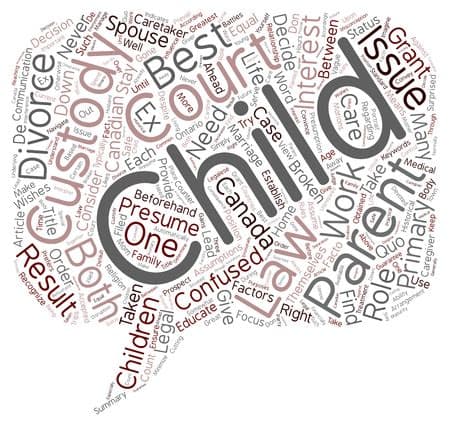Once again, the holidays are fast approaching. Children of separated or divorced families often find themselves in a difficult position…. torn with loyalties. Children grow up fast. Divorce can make the holidays difficult for both parents and children. Parents should shift their focus on building great holiday memories for the children to look back on.

- Do: encourage your children to have a wonderful time at the other parent’s home
- Don’t: make your children feel bad about wanting to spend time with the other parent during the holidays
- Do: provide your children the opportunity to speak to the other parent (text, phone, skype) if it is geographically impossible for the children to spend time with the other parent
- Don’t: grill your children when they return home from the other parent’s home
- Do: give your children the time to spend with their siblings and step-siblings
- Don’t: try to compete with the other parent for the children’s attention
- Do: do allow the children to call their grandparents (from the other parent)
- Don’t: make holiday gift giving a competition
- Do: allow the children to take their gifts to the other parent’s home
- Don’t: don’t purchase the children’s gifts that you know the other parent would be extremely opposed to
- Do: allow the children to come up with new holiday traditions
- Don’t: dwell on old traditions (“when we were a happy family”)
- Do: allow the children to attend school and church holiday functions, even when they fall on your parenting time
- Don’t: ask the children to choose who had the better holiday, it’s not a competition
- Do: understand that your children may be struggling with their loyalties and validate their feelings
- Don’t: introduce new significant others to the children. The holidays are not the appropriate time to introduce the children to your new significant others as the focus should be on their time with you.
- Do: be respectful with the other parent’s holiday time by exchanging the children on time and at the designated location
- Don’t: purchase the children a gift that will be a financial burden to the other parent (unless you have discussed it with the other parent and agreed on the purchase)
- Do: respect the other parent’s religious observations, or lack thereof, when you are talking to the children – if you can’t say anything nice, say nothing at all!
- Don’t: over plan every minute of your holiday parenting time, to include spending the entire holiday parenting time traveling to see extended family
- Do: understand that your children are older than you think they are, have friends, and are growing more independent…they may want to spend time with their friends over their holiday breaks
- Don’t: argue with the other parent about holiday plans in front of the children
For assistance with your divorce and to develop a fair and equitable plan for holiday parenting time, contact me, Laurie Schmitt, at Schmitt Law, PLLC. I am an Attorney, Mediator, and Collaborative Divorce lawyer.








